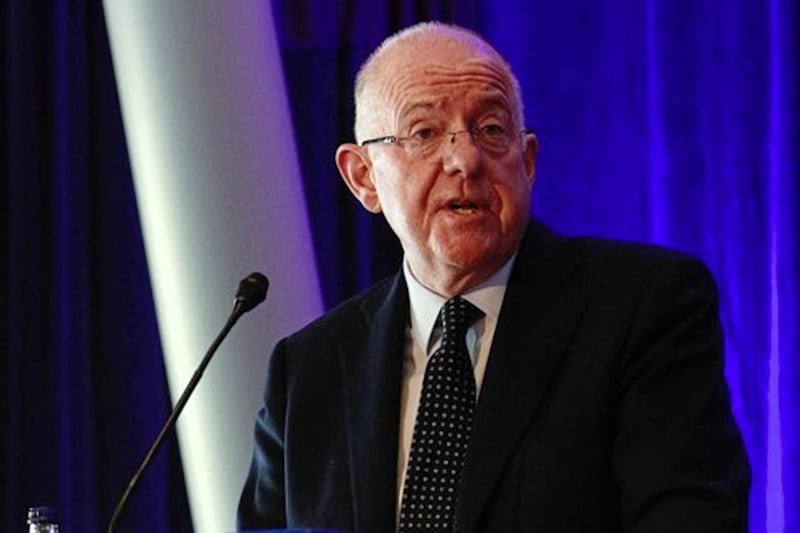There will be a very firm welcome for the indication from the Irish foreign affairs minister Charlie Flanagan that the Brexit negotiations could produce a major investment in the Belfast-Dublin train link.
A comprehensive upgrading of the line is long overdue, as journey times between Ireland’s two largest cities have remained largely unchanged since the Enterprise was first introduced almost 70 years ago.
Such an initiative would also help to address the growing fears about the imposition of a so-called `hard border’ as a result of the upheaval surrounding the UK’s narrow but catastrophic vote to leave the EU.
The full implications of last June’s referendum decision are still unfolding, with the British government plainly struggling to develop a credible strategy, and there can be no doubt that the crisis has had a dramatic impact on political attitudes in both the north and south of Ireland.
Regardless of the wider long-term consequences, the opportunity to achieve a significantly enhanced service for cross-border rail users deserves to be pursued robustly.
Mr Flanagan’s declared ambition of allowing the Belfast-Dublin train route to be completed in an hour should certainly be regarded as achievable.
The trip presently extends to around two and a quarter hours, which, considering that the two cities are less than 100 miles apart, is remarkably slow for the 21st century.
In Spain for example, the era of high speed trains means that the journey between Madrid and Seville, which is more than three times longer, has an almost identical duration.
Circumstances can often be much more complex in this part of the world, and it will be recalled that the appalling paramilitary attacks on the rail line, which only came to an end two decades ago, could easily have forced the complete abandonment of the cross-border service.
However, the kind of advances in technology and improvements to rolling stock and tracks which have already taken place over much of Europe must surely be equally possible in Ireland.
What is not immediately clear is the source of the necessary funding, but, as Mr Flanagan noted, the European authorities have always looked favourably on regions which suffer from peripherality.
He felt that not only our rail network but also our ports could benefit from the same process, and specifically pointed out that over 50 per cent of goods coming through Warrenpoint in Co Down are destined for the Republic.
Mr Flanagan’s intervention was strongly positive and his position would carry even more weight if, through an early breakthrough in the inter-party talks, he received the support of ministers in a restored Stormont executive.







